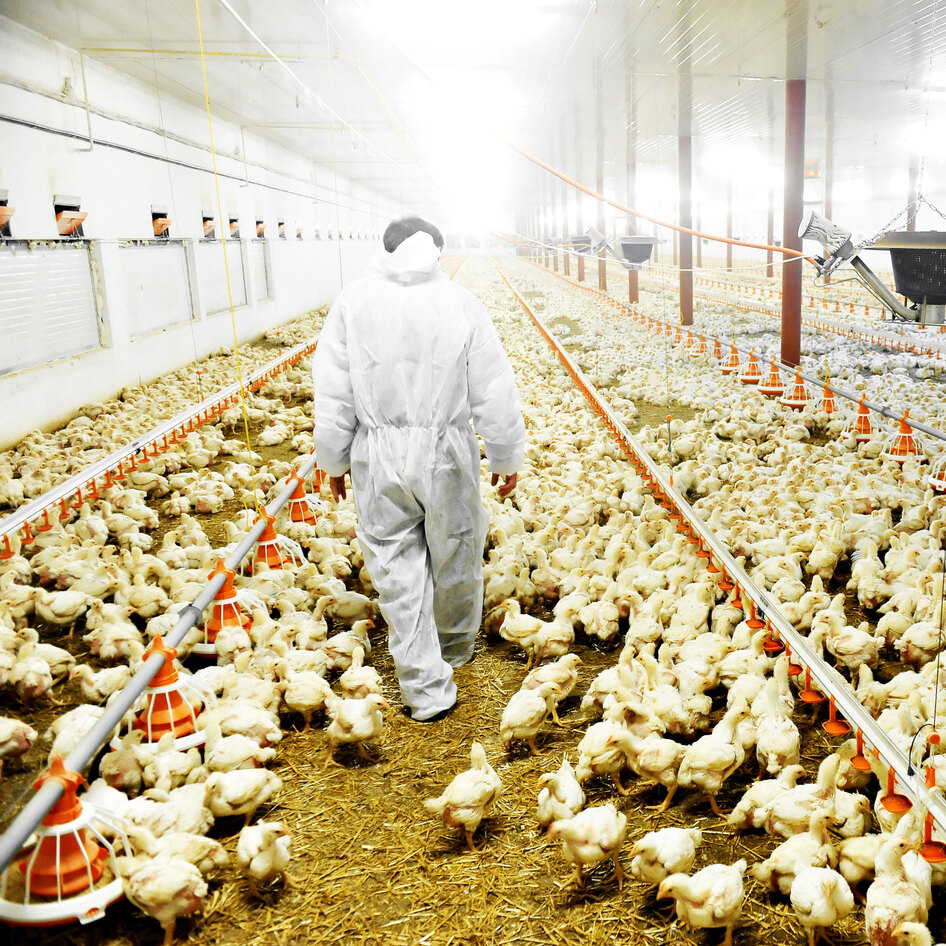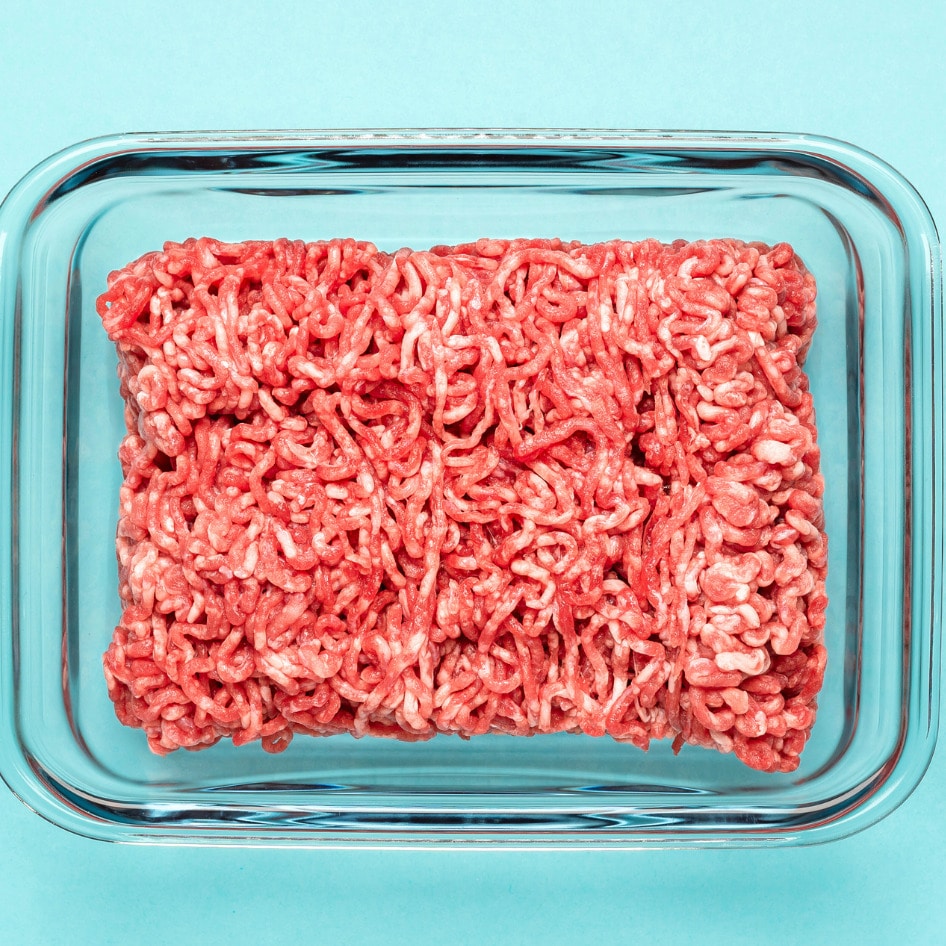Today, the Swedish government announced it would suspend mink fur farming across the country for the duration of 2021 in an effort to stop the spread of COVID-19. The government made the move after the COVID-19 virus was found on 13 mink farms in Sweden, which currently operates approximately 40 such farms and produced approximately 500,000 mink pelts in 2020. Thus far, the Swedish government said it does not intend to cull minks already living at the farms.
Animal-rights group Humane Society International (HSI), which campaigns to end fur farming worldwide, welcomes the suspension but urges Sweden to consider an outright ban to prevent the spread of future zoonotic diseases. “While we applaud the Swedish government for making the decision to suspend mink farming, we urge it to go further and permanently shut down this cruel and dangerous industry for good,” Joanna Swabe, Senior Director of Public Affairs for HSI Europe, said. “Confining millions of animals to small wire cages for fur production not only causes terrible suffering and deprivation, but scientists have also concluded that they could represent a serious reservoir for SARS-CoV-2 and thus pose a very real risk to public health. The Swedish authorities have also recognised that the biosecurity measures taken so far have proved insufficient.”
Mink Fur Farming and COVID-19
Sweden is the latest country to take action to stop the spread of COVID-19 within its mink fur farms. In 2020, the COVID-19 virus (and mutations of it) were found on mink fur farms in a number of countries, including the Netherlands, Denmark, the United States, Canada, Italy, Greece, Lithuania, France, and Spain. Both the Netherlands and Denmark have killed millions of mink in an effort to stop the spread of the mutated COVID-19 virus—which could prove detrimental to any future vaccines. In June, the Dutch government voted to shut down all remaining mink fur farms—estimated at 128 farms—across the Netherlands in an effort to stop the spread of COVID-19, enacting an existing ban that was scheduled to come into effect in 2024. Similarly, in November, Hungary preemptively banned farming mink, ferrets (polecats), foxes, and coypu—but not chinchillas—to control the potential spread of zoonoses. France also announced it will end mink fur farming by 2025.
“We call on all [European Union] Member States where fur farming persists to shut down this sector for good,” Swabe said. “For as long as the exploitation of animals for fur is tolerated, the potential for reservoirs of animal to human pathogens will persist. Sweden has taken an important step but must now prioritise human and animal welfare over the frivolous fur fashion industry by permanently making fur history.”
JUMP TO ... Latest News | Recipes | Guides | Health | Subscribe







